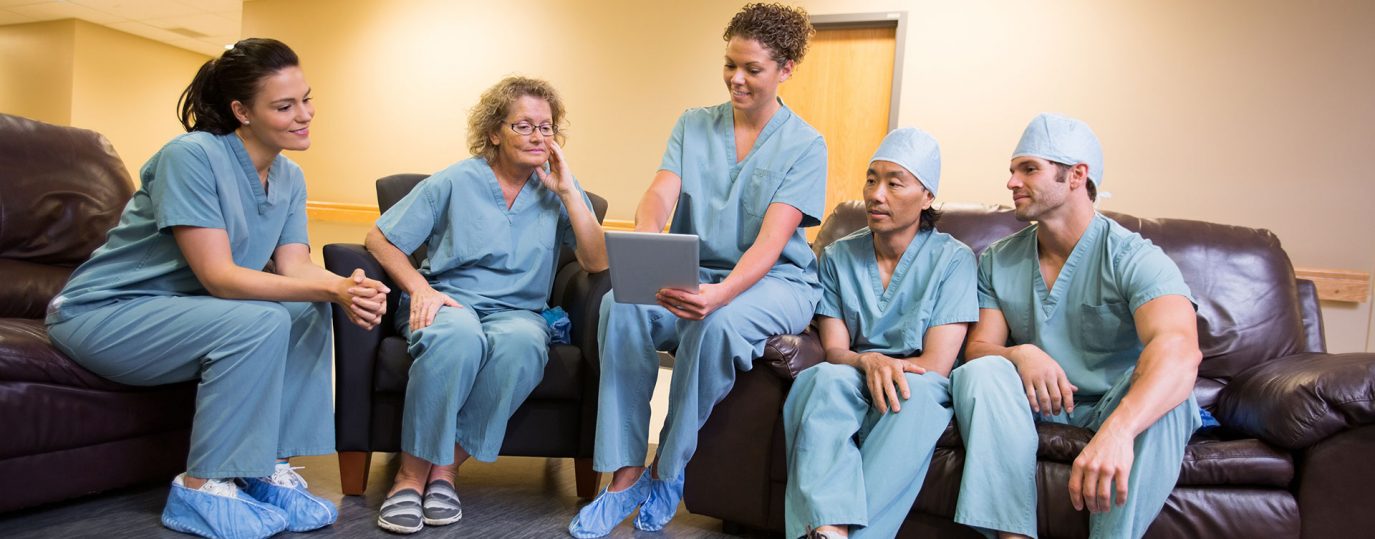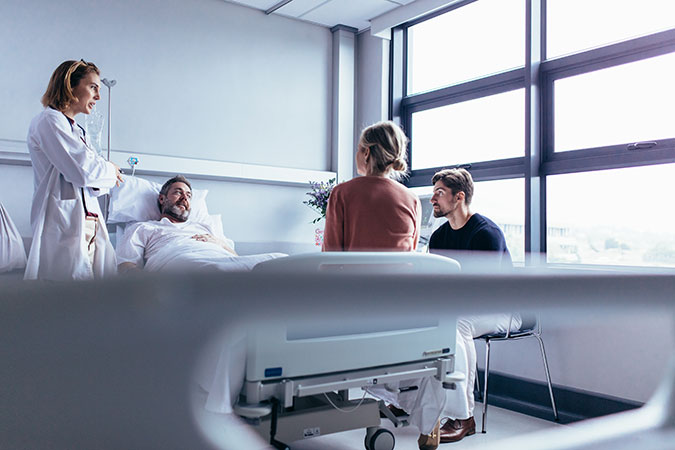Implementing a multidisciplinary, person-centred and whole-system approach
It is important to underline how innovative these approaches are. First, they take a whole-system approach to driving efficiency in care – something that has long been advocated by the likes of All.Can. Second, and most important, they take a truly person-centred approach: decisions as to how best to allocate savings are made in close consultation with the people receiving care, and focus on what will make the most difference to them.
What was also fascinating about this webinar – and frankly, so refreshing – was that all panellists came to the same conclusion from very different professional perspectives. Panellists included a representative from a biosimilar medicine company; a public health professional; a health insurer; a practising physician; and me – a policy researcher. This multi-sectoral and multidisciplinary thinking is needed to determine what policy measures can enable such forward-looking re-investment opportunities.
The question we were left with at the end of the webinar is how to scale up this approach. The benefits of multiplying initiatives such as those presented here would be considerable, particularly in the management of non-communicable diseases (NCDs). Disparities in access to all aspects of NCD prevention and care are a recognised challenge in many countries, and risk being exacerbated with growing economic pressures on health systems recovering from the COVID-19 pandemic.
As was demonstrated during the webinar, we all need to work together, using flexibility and creativity, to find ways of using resources as effectively and efficiently as possible, never losing sight of our ultimate goal of improving outcomes for everyone. Maybe breaking down the siloes should be our rallying call after all.
For further perspectives from the webinar, see this blog by Medicines for Europe.
The opinions expressed in this blog are those of the author and do not necessarily represent the views of The Health Policy Partnership.





